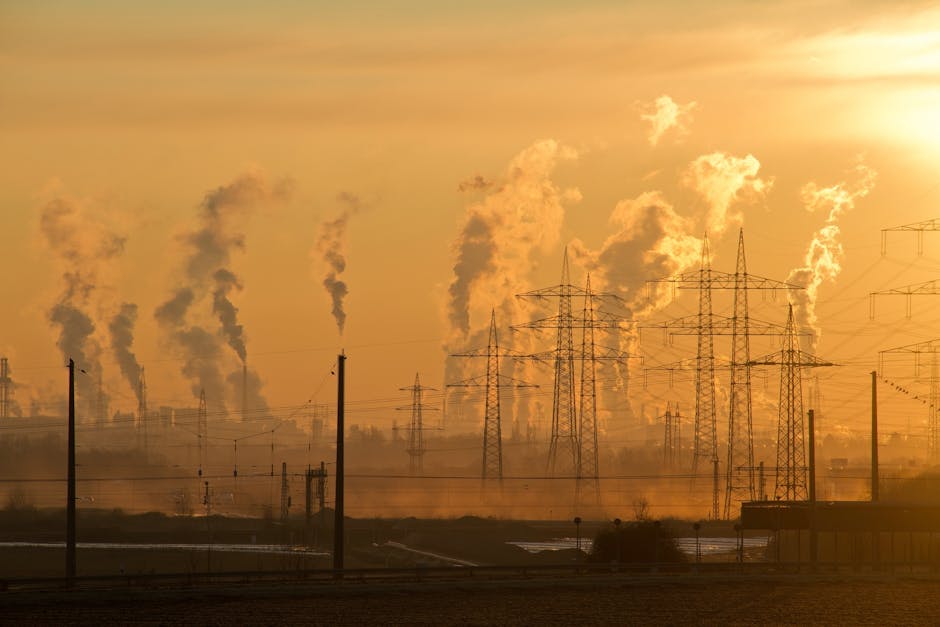Global warming, or climate change as it's more accurately called, is a hot topic these days (pun intended, obviously). It's the gradual increase in Earth's average surface temperature caused by human activities, primarily the burning of fossil fuels like coal, oil, and natural gas. This burning releases greenhouse gases into the atmosphere, trapping heat and causing the planet to warm up.
Think of the Earth like a giant greenhouse (hence the name "greenhouse gases"). The sun's energy enters the atmosphere, warming the planet. Some of that energy is radiated back out into space, but greenhouse gases trap some of it, keeping the Earth warm enough to support life. However, too many greenhouse gases mean too much trapped heat, leading to rising temperatures.
The consequences of this warming trend are far-reaching and potentially devastating. We're already seeing more frequent and intense heat waves, droughts, wildfires, and floods. Sea levels are rising as glaciers and polar ice caps melt, threatening coastal communities. Changes in weather patterns are disrupting agriculture and ecosystems. The list goes on.
While the situation is serious, it's not hopeless. There are things we can do, both individually and collectively, to mitigate the effects of climate change. One of the most important steps is transitioning to cleaner sources of energy, such as solar, wind, and hydropower. This reduces our reliance on fossil fuels and decreases the amount of greenhouse gases released into the atmosphere.
Improving energy efficiency is another key strategy. This can involve anything from using energy-efficient appliances and light bulbs to better insulating our homes and businesses. Small changes can make a big difference when adopted on a large scale.
We can also make more sustainable choices in our daily lives. Reducing our consumption of meat, choosing public transportation or cycling instead of driving, and minimizing waste are just a few examples. These individual actions may seem small, but they add up when we all participate.
Governments and international organizations also have a crucial role to play. Implementing policies that encourage the development and adoption of clean energy technologies, investing in climate resilience measures, and promoting international cooperation are essential for addressing this global challenge.
Ultimately, tackling climate change requires a collective effort. We all have a responsibility to protect the planet for future generations. By working together and making conscious choices, we can create a more sustainable future and avoid the worst consequences of a warming world.

